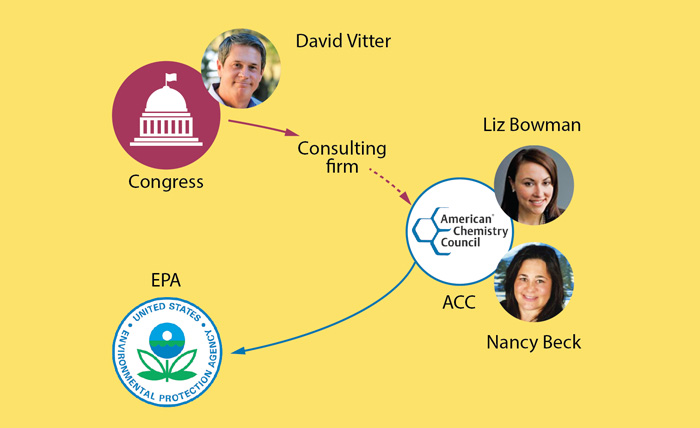Advertisement
Grab your lab coat. Let's get started
Welcome!
Welcome!
Create an account below to get 6 C&EN articles per month, receive newsletters and more - all free.
It seems this is your first time logging in online. Please enter the following information to continue.
As an ACS member you automatically get access to this site. All we need is few more details to create your reading experience.
Not you? Sign in with a different account.
Not you? Sign in with a different account.
ERROR 1
ERROR 1
ERROR 2
ERROR 2
ERROR 2
ERROR 2
ERROR 2
Password and Confirm password must match.
If you have an ACS member number, please enter it here so we can link this account to your membership. (optional)
ERROR 2
ACS values your privacy. By submitting your information, you are gaining access to C&EN and subscribing to our weekly newsletter. We use the information you provide to make your reading experience better, and we will never sell your data to third party members.
Environment
Business leaders name regulations they would like to see go
Several chemical company CEOs sign letter to the Trump Administration
by Alexander H Tullo
February 24, 2017

In an effort endorsed by several chemical companies, Business Roundtable, an advocacy group composed of CEOs, has sent the Trump Administration a list of “Top Regulations of Concern” that it believes are unnecessary.
“The majority of the regulations directly and negatively impact economic growth,” wrote Mark J. Costa, CEO of Eastman Chemical and chair of the Roundtable’s Smart Regulation Committee. Also signing the letter were Dow Chemical CEO Andrew N. Liveris, who is leading a manufacturing panel for the Trump Administration, and Honeywell CEO David M. Cote.
Among the environmental rules on the list is an EPA ground-level ozone standard that reduced ozone concentration limits to 70 ppb from 75 ppb. It also hit on a rule requiring carbon capture for new coal-fired power plants and on another rule expanding of federal jurisdiction over state waters.
Business Roundtable also targeted rules related to health care, corporate governance, the workforce, taxes, the internet, and exports.
“While some of the listed regulations in isolation may not appear significant to growth, their cumulative effect has drained resources from innovation and job creation and directed them to non-value-adding administrative and bureaucratic activities,” Costa wrote.
Regulatory reform is one of the Trump Administration’s strategies for jump-starting the economy. Last month, President Trump signed an executive order directing agencies to eliminate two regulations for every new regulation they implement.
Trump met with corporate executives on Feb. 23 to talk about strengthening the manufacturing sector. According to Liveris, the group discussed regulation, taxes, trade, and workforce training. “It is very clear that the language of business is being spoken in the White House,” Liveris said after the meeting.




Join the conversation
Contact the reporter
Submit a Letter to the Editor for publication
Engage with us on Twitter